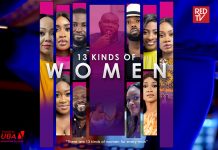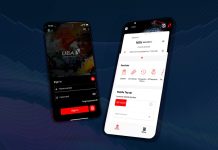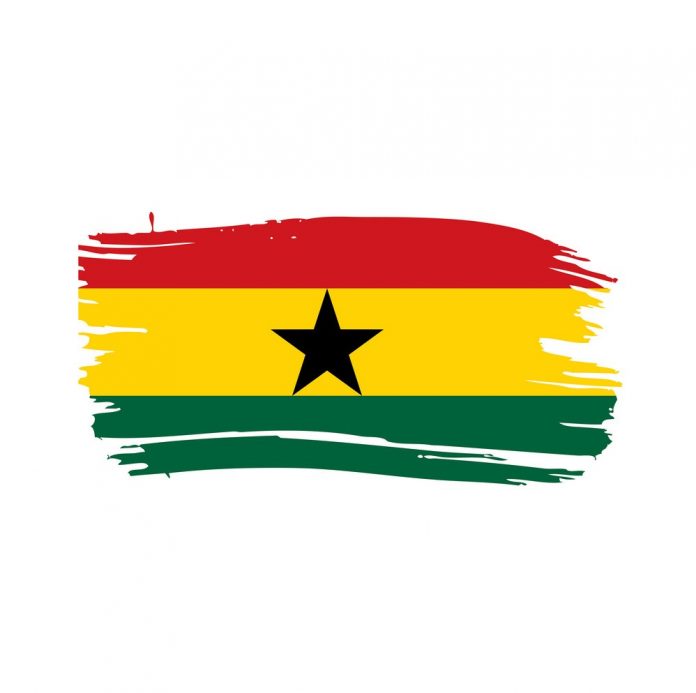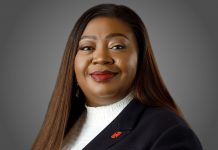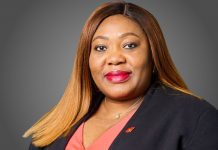The
Land of the Warrior
King (Part 1)
Land of the Warrior
King (Part 1)
The Republic of Ghana which means “Warrior
King” is an economic
power house in West Africa, and has one of the biggest economies on the African
continent and one of the world’s fastest growing economies.
It is a fossil fuel-rich,
natural and mineral resource nation.
It is home to one of the world’s largest gold and sweet crude oil
reserves and also the second major producer of cocoa in
the world.
King” is an economic
power house in West Africa, and has one of the biggest economies on the African
continent and one of the world’s fastest growing economies.
It is a fossil fuel-rich,
natural and mineral resource nation.
It is home to one of the world’s largest gold and sweet crude oil
reserves and also the second major producer of cocoa in
the world.
GHANAIAN PEOPLE
Source: Agyei
Photography
Photography
The Ghanaians
are a people originating in the Ghanaian
Gold Coast. Native West Africans make up 98% percent of the Ghanaian
population. There is also a new population of Asians, Middle Easterners, Europeans and other recent immigrants. There are over 100
different ethnic groups, each with its own distinct language.
are a people originating in the Ghanaian
Gold Coast. Native West Africans make up 98% percent of the Ghanaian
population. There is also a new population of Asians, Middle Easterners, Europeans and other recent immigrants. There are over 100
different ethnic groups, each with its own distinct language.
SOCIETY AND CULTURE
Ghana’s cultural
diversity is most evident in cuisine, arts, literature, heritage, music, dance,
clothing, and sports.
diversity is most evident in cuisine, arts, literature, heritage, music, dance,
clothing, and sports.
Kente is a Ghanaian ceremonial cloth traditionally
used as the national costume. Kente is hand-woven on a horizontal treadle
loom in strips and sewn
together into larger pieces of cloth which come in various colours and designs.
During the 13th century, Ghanaians developed their unique art of adinkra printing.
used as the national costume. Kente is hand-woven on a horizontal treadle
loom in strips and sewn
together into larger pieces of cloth which come in various colours and designs.
During the 13th century, Ghanaians developed their unique art of adinkra printing.
Notable Ghanaian authors
include novelists Ayi Kwei Armah (The
Beautyful Ones Are Not Yet Born) and J. E. Casely Hayford, author of Osiris Rising. Ghanaian music incorporates several distinct types of
instruments such as talking drums, the atenteben and koloko lute, the atumpan, and log xylophones used in asonko music. The most well-known genre to come from
Ghana is highlife. Highlife originated in the late 19th century and early 20th
century.
include novelists Ayi Kwei Armah (The
Beautyful Ones Are Not Yet Born) and J. E. Casely Hayford, author of Osiris Rising. Ghanaian music incorporates several distinct types of
instruments such as talking drums, the atenteben and koloko lute, the atumpan, and log xylophones used in asonko music. The most well-known genre to come from
Ghana is highlife. Highlife originated in the late 19th century and early 20th
century.
In the 1990s, a new
genre of music, hiplife, was created through the combination of highlife, Afro-reggae, dancehall and hiphop. Hiplife is the most popular Ghanaian music, followed by highlife. Some popular dances include Adowa and Azonto. Other traditional dances from Ghana are
Kpanlogo, Klama and Bamaya.
genre of music, hiplife, was created through the combination of highlife, Afro-reggae, dancehall and hiphop. Hiplife is the most popular Ghanaian music, followed by highlife. Some popular dances include Adowa and Azonto. Other traditional dances from Ghana are
Kpanlogo, Klama and Bamaya.
GOVERNANCE
Kwame Nkrumah the first Commander-in-Chief
of the Republic of Ghana was deposed in 1966, after which Ghana entered a
period of military rule. On 31 December 1981, the regime led by Flight lieutenant Jerry John Rawlings installed the Provisional National Defence
Council (PNDC), of which he became Chairman.
of the Republic of Ghana was deposed in 1966, after which Ghana entered a
period of military rule. On 31 December 1981, the regime led by Flight lieutenant Jerry John Rawlings installed the Provisional National Defence
Council (PNDC), of which he became Chairman.
In 1992, Rawlings
retired from the military and set up the National Democratic
Congress (NDC), and was
subsequently elected for two terms as President.
retired from the military and set up the National Democratic
Congress (NDC), and was
subsequently elected for two terms as President.
Ghana has been a stable
democracy since 1992. Following the death of President John Atta Mills in July
2012, Vice President John Dramani Mahama became interim head of state. In
December 2012, he was elected president and is still the current president of
Ghana.
democracy since 1992. Following the death of President John Atta Mills in July
2012, Vice President John Dramani Mahama became interim head of state. In
December 2012, he was elected president and is still the current president of
Ghana.

